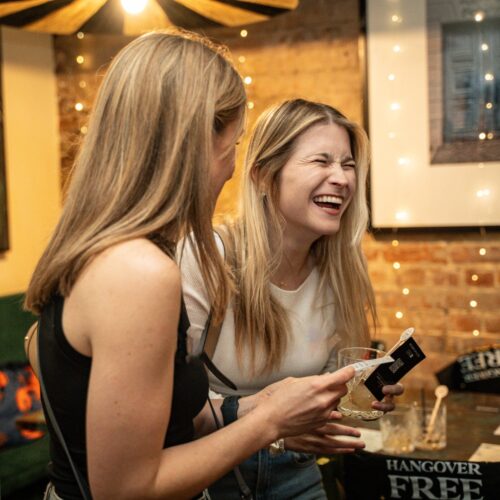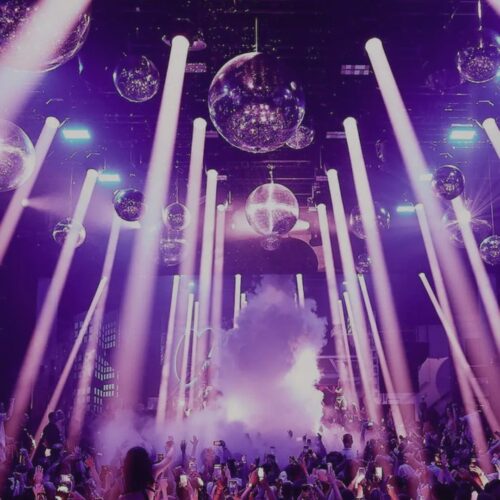- Emily Syphas
- December 17, 2024
5 Tips for Sober Socialising on the Big Day
Celebrating the holidays or special occasions sober can be both empowering and rewarding, but it does require some preparation. Whether your day is packed with family traditions, festive gatherings, or quiet moments of reflection, these tips can help you enjoy every moment without the need for alcohol.
1. Plan Ahead
Preparation is key to navigating a big day sober. Decide on your strategy beforehand, especially when it comes to drinks. Bring along your favorite alcohol-free beverage, like a sparkling AF fizz, a festive alcohol-free mulled wine, or even a mocktail you’ve created yourself. Knowing what you’ll be sipping can help you feel confident and stay focused. Plus, having a drink in hand often deters others from offering you alcohol or asking too many questions.
2. Create a New Tradition
Start the day by celebrating yourself and your hangover-free lifestyle. Create a tradition that sets the tone for your day—perhaps a brisk winter walk, a morning run, or journaling about what you’re grateful for. Affirmations can also help you center your mindset: take a moment to remind yourself how far you’ve come and why your sober journey is so meaningful.
This fresh start to the day can serve as a powerful reminder that choosing sobriety is a gift to yourself.
3. Manage Expectations
Communicate your choice to stay sober with close friends or family ahead of time. Letting them know in advance can help manage their expectations and reduce social pressure. While most people will likely be supportive, there may be a family member or friend who questions your choice or encourages you to “just have one.” Be prepared for this and stay firm in your decision—you don’t owe anyone an explanation for prioritizing your well-being.
4. Prepare a One-Liner
Questions about your sobriety might come up, and having a prepared response can make these conversations easier. Keep it short and light, with replies like:
- “I’m trying something new this year.”
- “I’ve given up hangovers—it’s the best decision I’ve made!”
If someone is genuinely curious and coming from a supportive place, you can share more about your journey if you feel comfortable. But remember, you’re under no obligation to explain yourself.
5. Focus on What Brings You Joy
The holidays and special occasions are about so much more than drinking. Shift your focus to the other elements that make the day magical. Indulge in the delicious food, cozy up with a festive film, join in the games, or lend a hand with preparations.
The real beauty of staying sober is that you can be fully present, soaking in every moment. And the best part? You’ll wake up the next day feeling refreshed and proud of yourself for staying true to your goals.
Celebrating sober isn’t about missing out—it’s about showing up fully for yourself and the people around you. By planning ahead, creating new traditions, and focusing on the joys of the day, you’ll find that sobriety doesn’t limit the magic of the moment; it enhances it.
Here’s to a big day filled with connection, laughter, and no hangovers!














